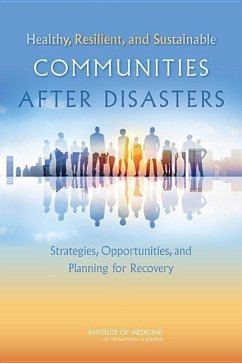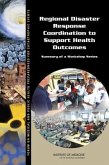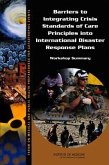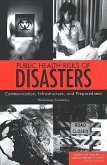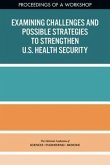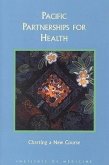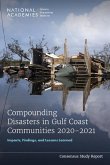In the devastation that follows a major disaster, there is a need for multiple sectors to unite and devote new resources to support the rebuilding of infrastructure, the provision of health and social services, the restoration of care delivery systems, and other critical recovery needs. In some cases, billions of dollars from public, private and charitable sources are invested to help communities recover. National rhetoric often characterizes these efforts as a "return to normal." But for many American communities, pre-disaster conditions are far from optimal. Large segments of the U.S. population suffer from preventable health problems, experience inequitable access to services, and rely on overburdened health systems. A return to pre-event conditions in such cases may be short-sighted given the high costs - both economic and social - of poor health. Instead, it is important to understand that the disaster recovery process offers a series of unique and valuable opportunities to improve on the status quo. Capitalizing on these opportunities can advance the long-term health, resilience, and sustainability of communities - thereby better preparing them for future challenges. Healthy, Resilient, and Sustainable Communities After Disasters identifies and recommends recovery practices and novel programs most likely to impact overall community public health and contribute to resiliency for future incidents. This book makes the case that disaster recovery should be guided by a healthy community vision, where health considerations are integrated into all aspects of recovery planning before and after a disaster, and funding streams are leveraged in a coordinated manner and applied to health improvement priorities in order to meet human recovery needs and create healthy built and natural environments. The conceptual framework presented in Healthy, Resilient, and Sustainable Communities After Disasters lays the groundwork to achieve this goal and provides operational guidance for multiple sectors involved in community planning and disaster recovery. Healthy, Resilient, and Sustainable Communities After Disasters calls for actions at multiple levels to facilitate recovery strategies that optimize community health. With a shared healthy community vision, strategic planning that prioritizes health, and coordinated implementation, disaster recovery can result in a communities that are healthier, more livable places for current and future generations to grow and thrive - communities that are better prepared for future adversities.
Hinweis: Dieser Artikel kann nur an eine deutsche Lieferadresse ausgeliefert werden.
Hinweis: Dieser Artikel kann nur an eine deutsche Lieferadresse ausgeliefert werden.

